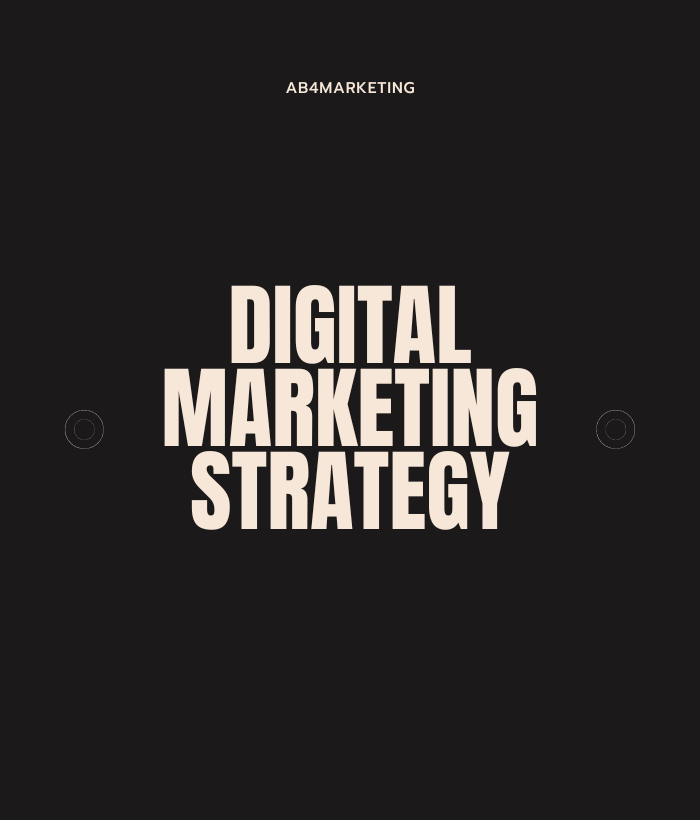what will you get?
1. Market Research
- Target Audience Analysis: Understanding your ideal customers’ demographics, psychographics, and behaviors.
- Competitor Analysis: Assessing your competitors’ strengths, weaknesses, and marketing strategies.
- Market Trends: Identifying current trends and potential future developments in your industry.
2. Marketing Objectives
- SMART Goals: Setting specific, measurable, achievable, relevant, and time-bound objectives.
- Key Performance Indicators (KPIs): Defining metrics to track the success of your marketing efforts.
3. Marketing Mix (4Ps)
- Product: Developing or refining your product or service to meet customer needs.
- Price: Determining the optimal pricing strategy based on value, costs, and competition.
- Place (Distribution): Selecting the most effective channels to reach your target audience.
- Promotion: Creating and implementing marketing campaigns to promote your product or service.
4. Branding
- Brand Identity: Developing a unique and consistent brand image.
- Brand Positioning: Defining your brand’s position in the market relative to competitors.
- Brand Messaging: Crafting clear and compelling brand messages.
5. Marketing Channels
- Digital Marketing: Leveraging online channels like websites, social media, email marketing, and search engine optimization (SEO).
- Traditional Marketing: Utilizing offline channels such as print advertising, radio, TV, and direct mail.
- Public Relations: Building positive relationships with the media and public.
- Events and Sponsorships: Participating in industry events and sponsoring relevant activities.
6. Marketing Budget
- Allocation: Determining how much to allocate to each marketing channel and activity.
- Tracking: Monitoring spending and adjusting the budget as needed.
7. Marketing Analytics
- Data Collection: Gathering data on marketing performance.
- Analysis: Interpreting data to identify trends and insights.
- Optimization: Making data-driven decisions to improve marketing results.
8. Customer Relationship Management (CRM)
- Customer Data: Collecting and managing customer information.
- Customer Engagement: Building and maintaining relationships with customers.
- Customer Service: Providing excellent customer service to enhance satisfaction.


Reviews
There are no reviews yet.